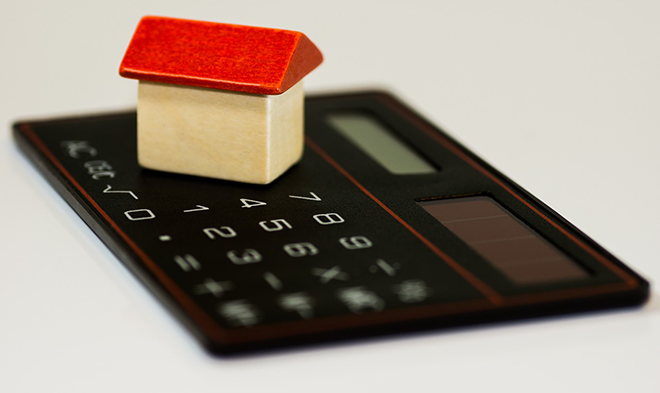Collateral and Conventional Mortgages: What Are The Differences?

Buying a house, especially your first, can be a scary and exciting time. It’s almost like a crash course in financing. Like immersing yourself into a whole new world and language you never really understood before. What is equity? What does amortization mean? Often, we don’t even know what we’re looking at and what we should be looking for when we apply for financing. The same is true of knowing the differences between collateral and conventional mortgages.
One significant, but often overlooked, detail is whether or not your mortgage is a collateral mortgage or a conventional mortgage. Most people don’t know to look for this detail, let alone what it means. So, today we’re going to take a look at the key differences between collateral and conventional mortgages.
1. A conventional mortgage is registered as the amount you have borrowed
If the purchase price of your home is $450,000 and you put down $50,000, that means your mortgage is for $400,000. If it is a conventional mortgage, it will be registered as a $400,000 mortgage.
2. A collateral mortgage can be registered as more than you have borrowed
If you have a collateral mortgage, it can be registered for more than you borrowed. On a $400,000 mortgage, it could be registered as a $500,000 mortgage. This is to leave room for future borrowing without the need to refinance. This is definitely something that can come in handy if you plan on borrowing down the line to do some renovations, etc.
3. A collateral mortgage is harder to switch lenders with
It cannot be switched to another lender when it comes up for renewal without hiring a lawyer and paying a fee to discharge the mortgage. So, if at renewal time you find another provider with a better product, and you want to switch to them, you’re in for some hefty bills and headaches.
4. You cannot borrow against your equity at another lender with a collateral mortgage
If your mortgage is a collateral mortgage and you decide you’re going to borrow more at a future date, and your mortgage provider does not approve your request, you may not go elsewhere and borrow against your home. The idea here is that because your home is tied up in the collateral mortgage, there is no equity to borrow against.
So, while there does seem to be one pro to a collateral mortgage, the other cons are pretty big ones. A collateral mortgage may be something you want to avoid. The problem is, not every lender is going to be upfront about the type of mortgage you’re being offered. While some may indicate it on their website and others will have it somewhere in the fine print of your agreement, it is ultimately up to you to educate yourself on what each type of mortgage is and which you thinks suits your needs more. Ask up front when you meet with your lender whether the mortgage you will be offered is a collateral or a conventional mortgage and save yourself the surprise of finding out after you’ve signed away the next 25 years.
There are ideal homes and mortgages out there for every first-time buyer. We just need to make sure we are looking in the right places and asking ourselves the right questions. Ultimately, the best thing you can do right now is research, save as much as possible for a down-payment and work at increasing your credit score. At Refresh, we offer a credit building program that does just that...






Leave a Reply